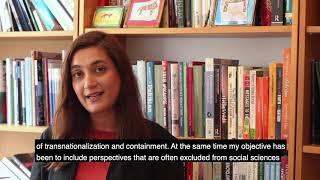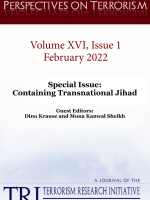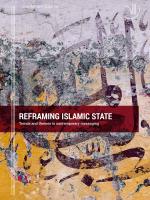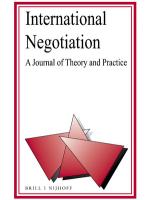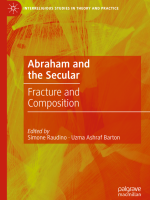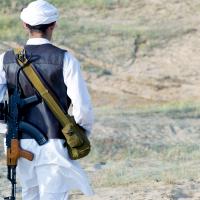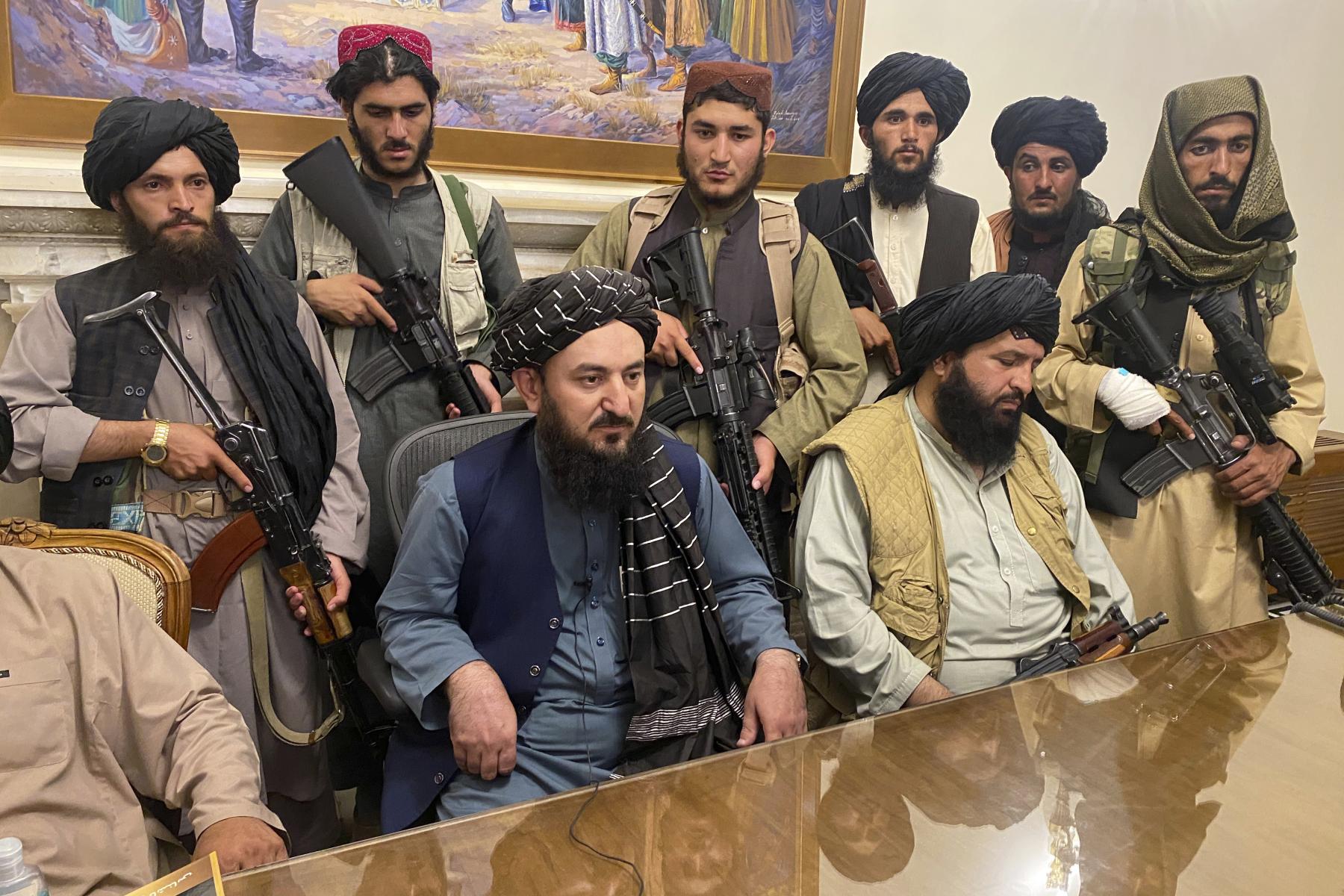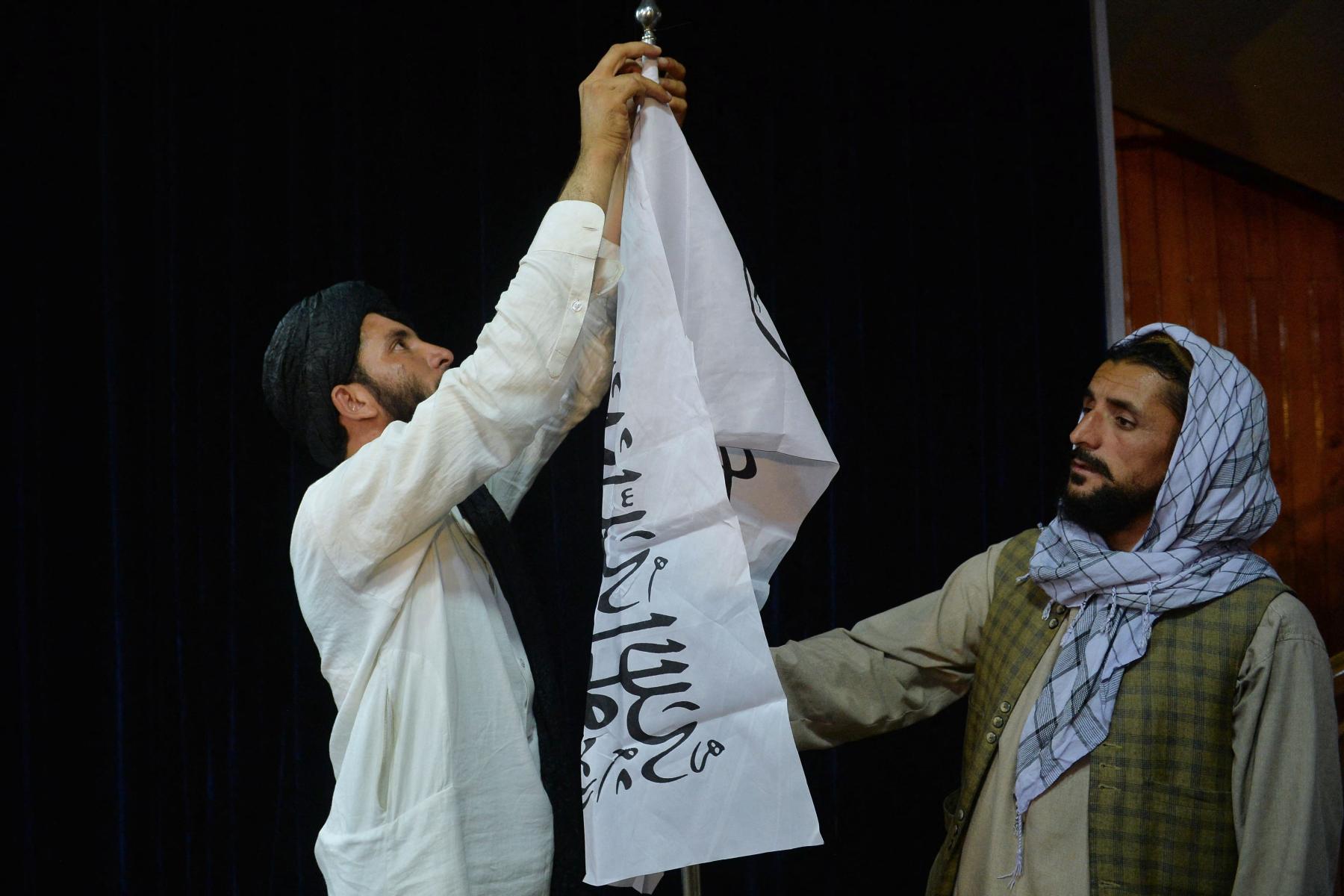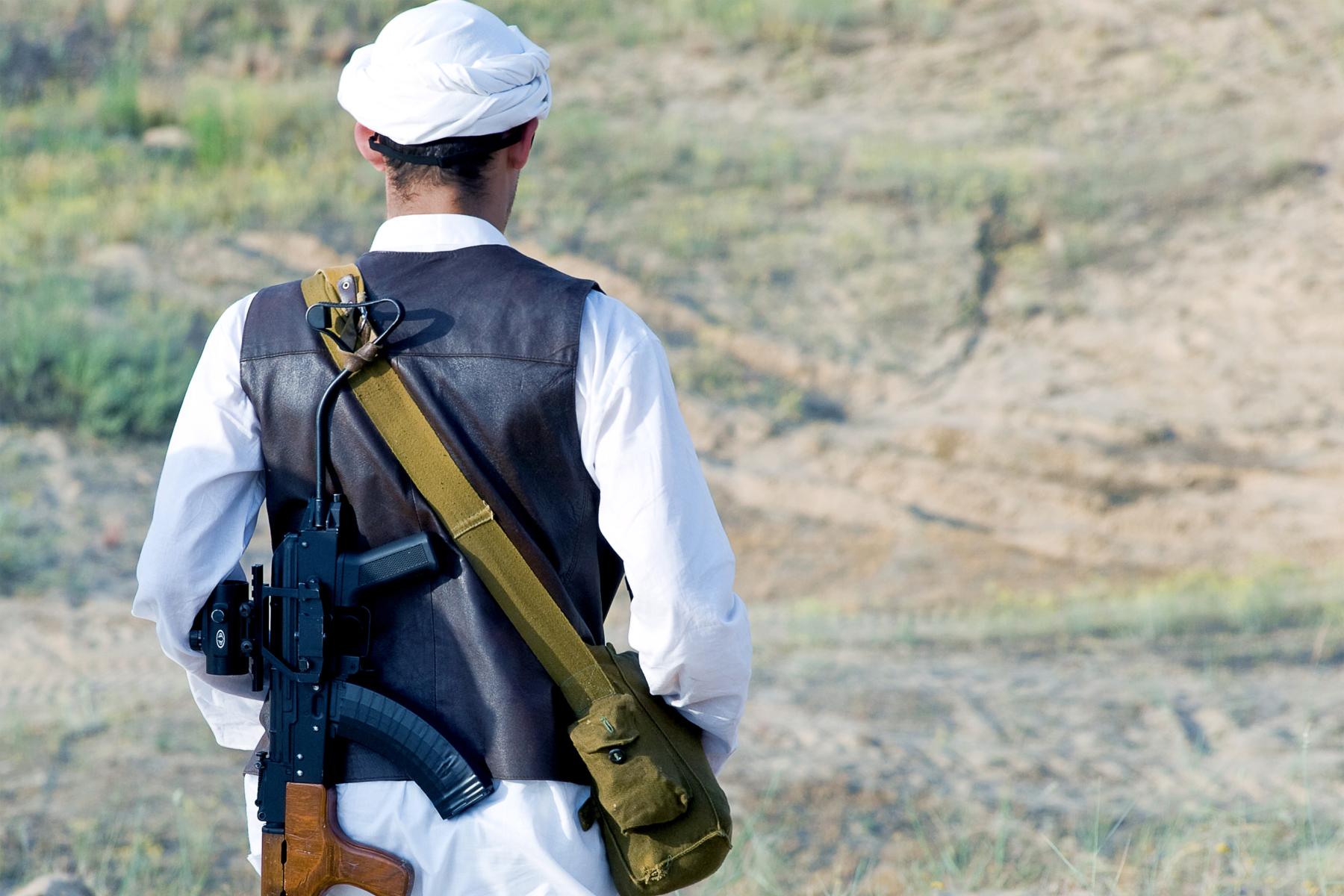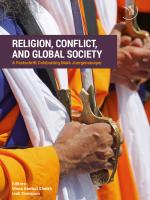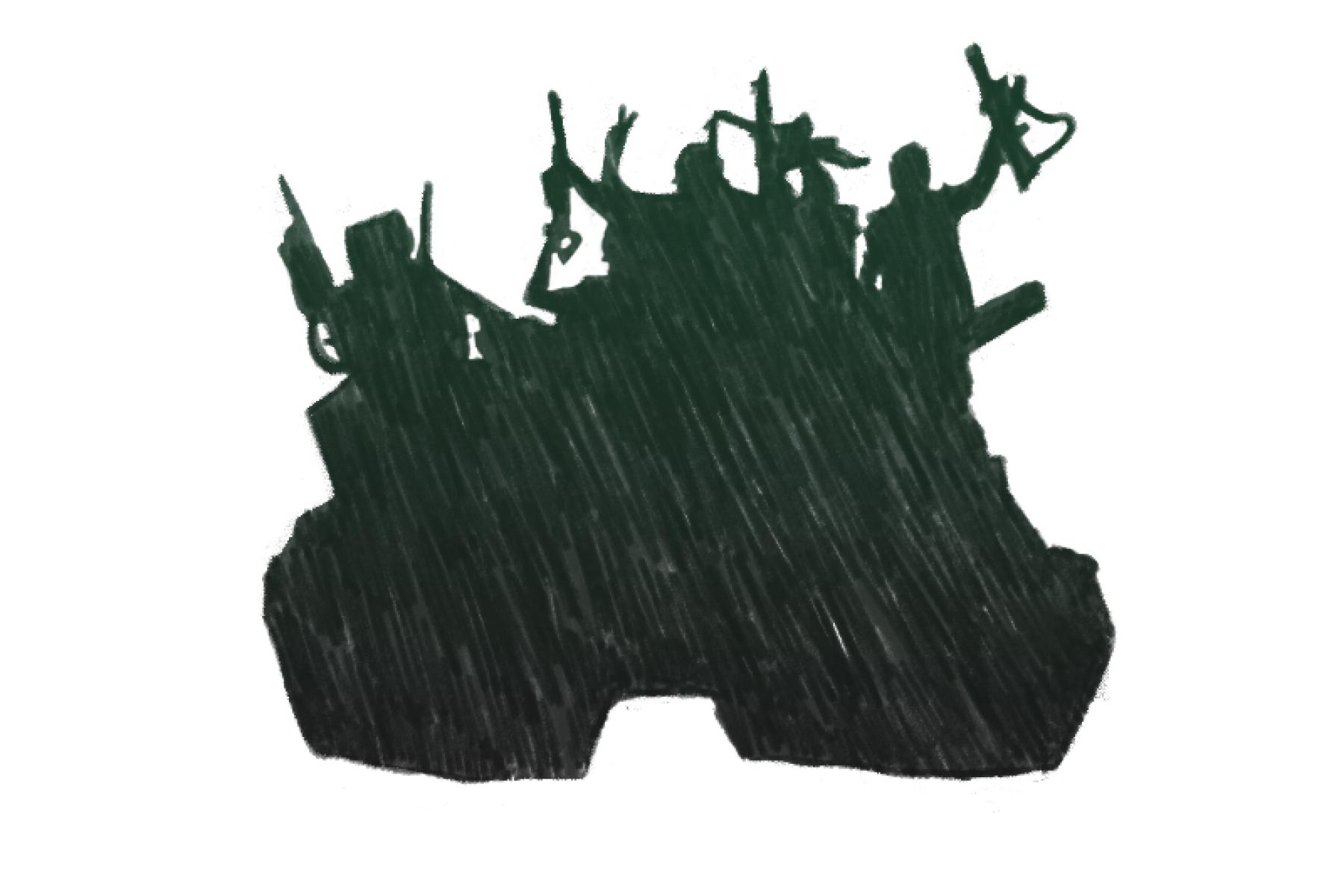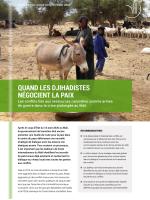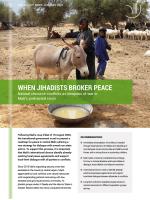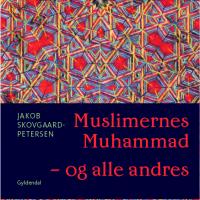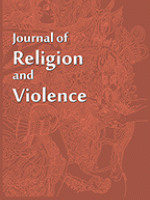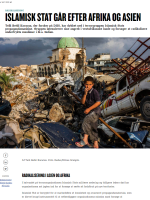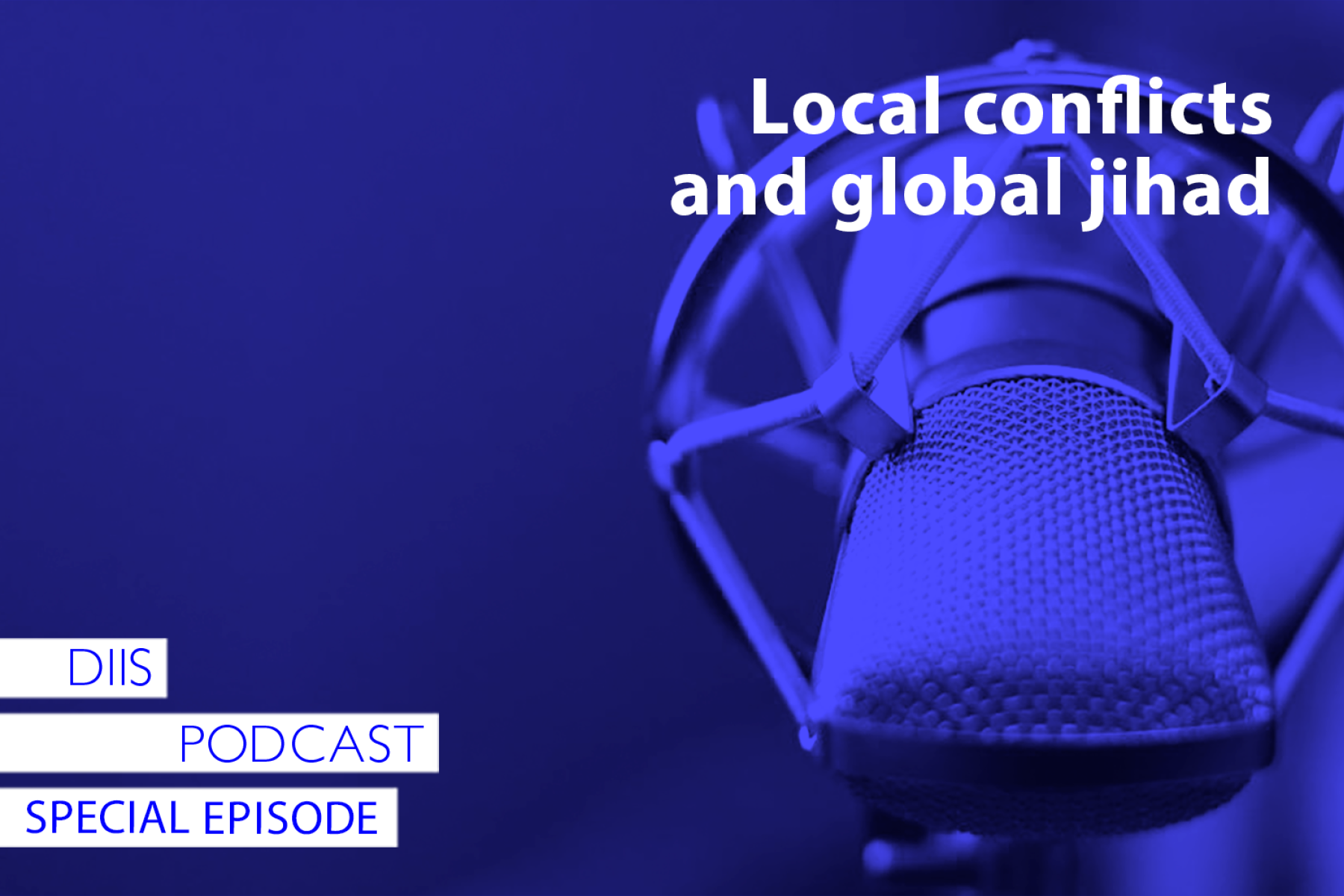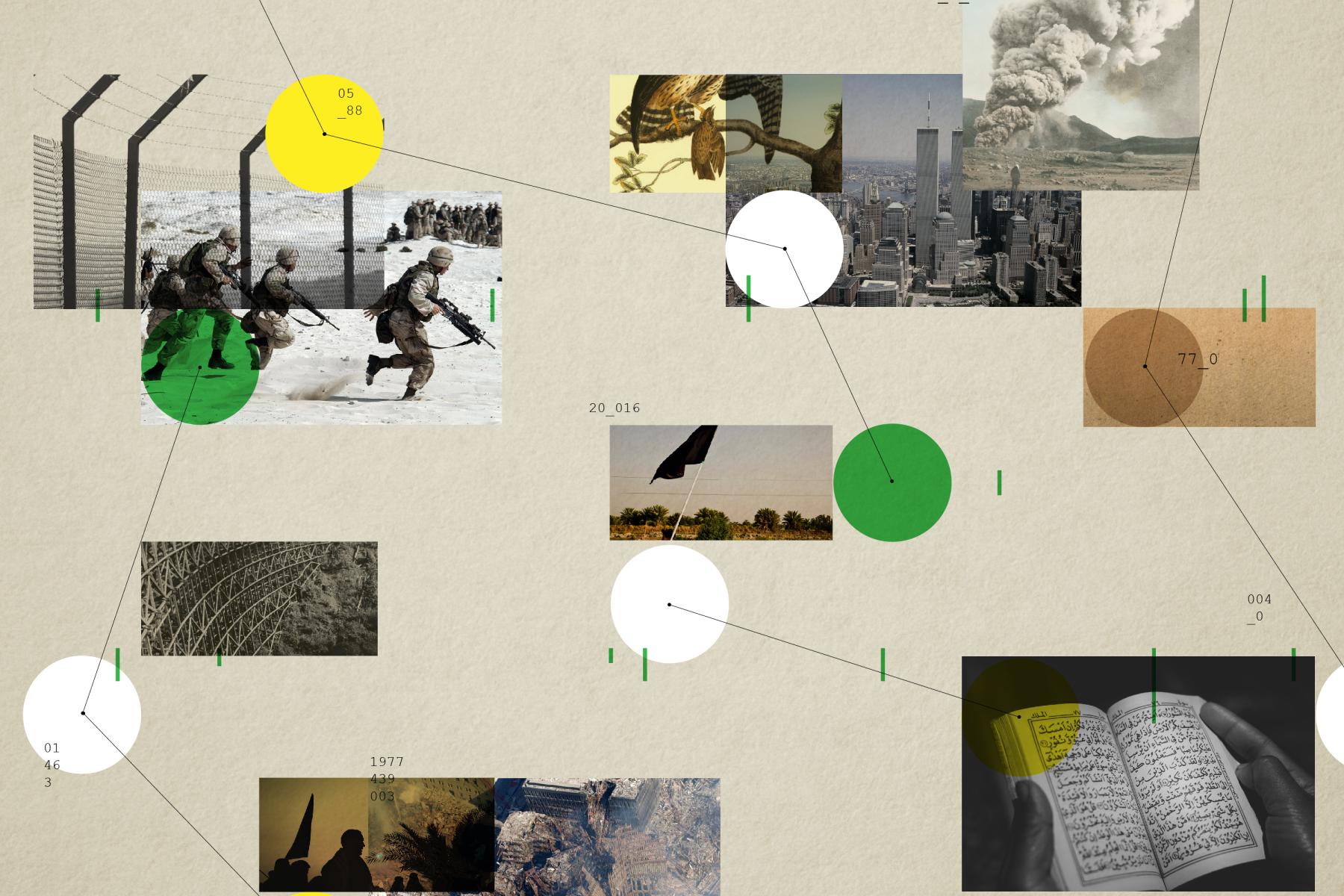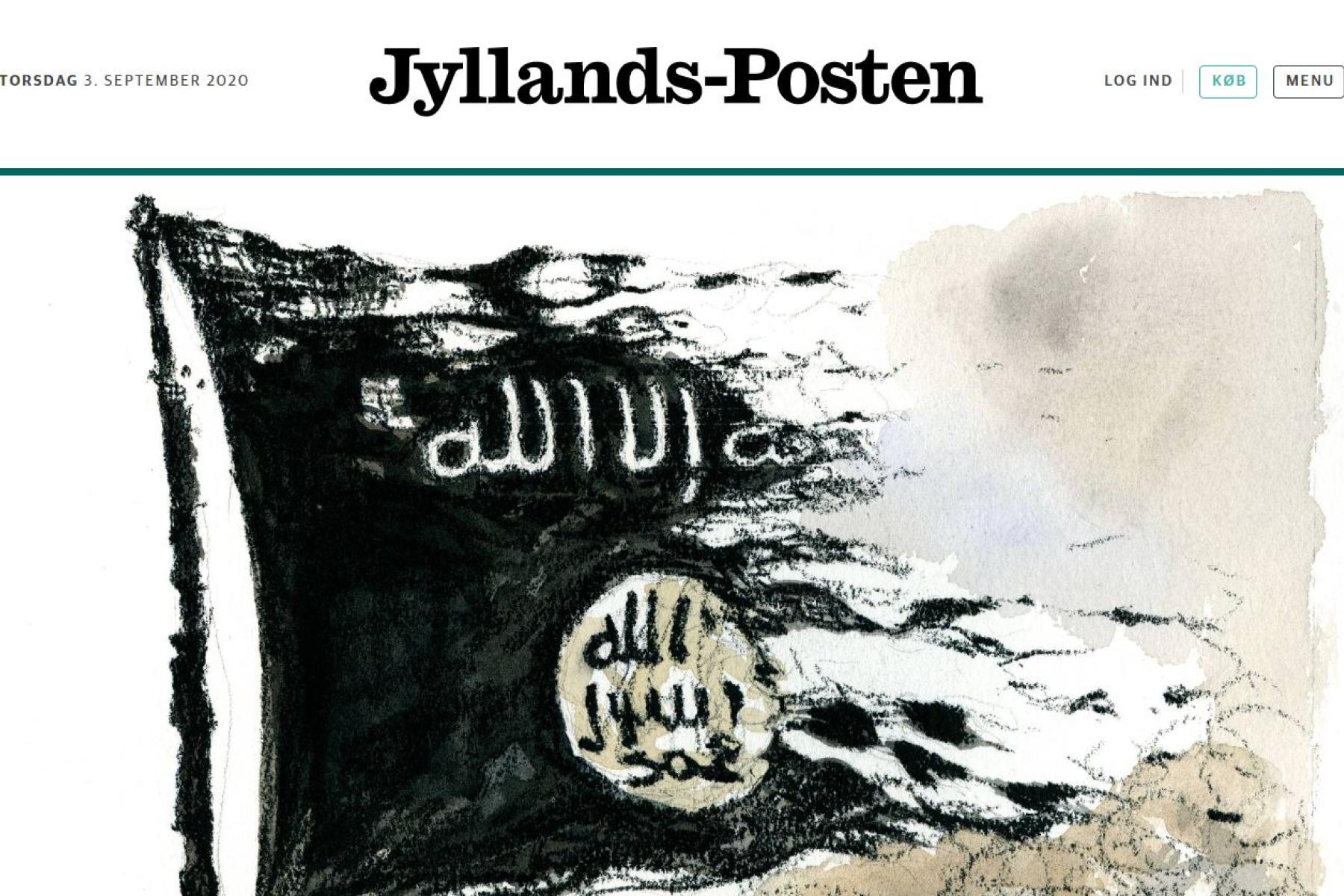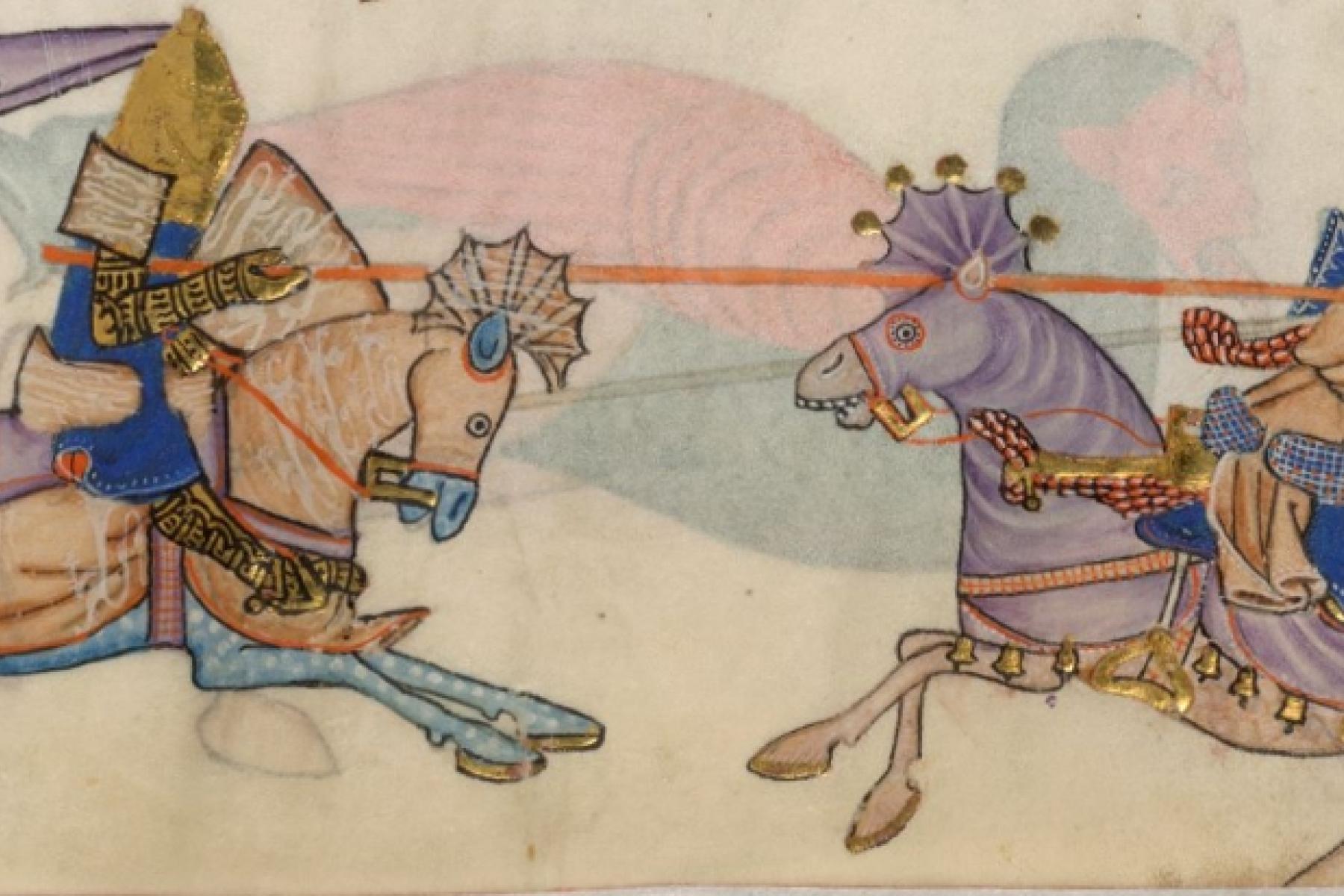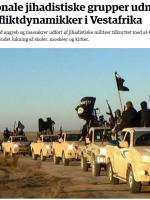Transnational Jihad – Explaining Escalation and Containment
TRANSJIHAD aims at advancing our understanding of one of the greatest contemporary challenges on the international agenda for peace and security, namely the ability of transnational jihadist movements to tap into local conflicts, hence escalating violence.
TRANSJIHAD is led by Dr. Mona Kanwal Sheikh, and is a five-year research project (2019-2023) funded by the European Research Council (StG).
TRANSJIHAD specifically investigates the questions of how jihadist conflicts become transnational and under what circumstances they can be contained. Empirically, it investigates patterns across different regions by studying the mechanisms of transnational escalation of jihadist conflicts through a comparative examination of contemporary cases of conflicts across Asia, the Middle East, the Arab Peninsula and Africa. Empirically, the project will focus on the Islamic State (IS), Al-Qaeda (AQ)– two movements that operate transnationally – as well as Boko Haram, and the Taliban (both the Pakistani and the Afghan brand), two movements that have had local/nationalist agendas but have periodically embraced IS or AQ. Together, these four movements are responsible for a large majority of all terrorism-related deaths in the world.
The project also aims at developing an interdisciplinary analytical framework, which combines micro- and macro level approaches to jihadism, drawing from both Religious Studies, Security Studies and Peace & Conflict Studies.
How do we understand a transnational jihadist conflict?
- The conflict attracts foreign fighters and/or external intervention
- Local jihadist groups collaborate with or operate in the name of the Islamic State or the Al-Qaeda movements
- The demands made by involved jihadists transcend national borders
How do we examine transnationalization?
TRANSJIHAD investigates three dimensions of transnationalization and containment:
- Political dimensions, which includes a study of peace deals and diplomatic acts aimed at containment, but primarily a quantitative study of factors contributing to the transnationalization of jihadist conflicts
- Emotional & narrative dimensions of transnationalization, which includes the development of a macro-securitization framework in order to analyze mobilization dynamics
- Ideological & religious dimensions of transnationalization, which includes sociotheological worldview analysis of recruitment materials and the warfare theologies of transnational jihadist movements
What do we contribute with?
Empirically, the project will look at the above movements across five geographical focal points, namely Afghanistan/Pakistan, Syria/Iraq, Mali/Nigeria, Libya and Yemen; areas that suffer from the greatest challenges associated with jihadist violence, including the highest shares of terrorism-related deaths (Global Terrorism Index 2016). The project is unique in its scope as it aims at comparing processes of transnationalization and conflict containment across regions, whereas most research on jihadist groups is either carried out by area specialists, who do not focus on trends across regional contexts, or by think-tank reports born out of strategic demands about how to win wars in areas where Western governments have intervened militarily. The specific countries are also chosen because they represent areas where jihadi groups have entered peace deals and hence attempts to contain these conflicts have been made.
Methodologically, TRANSJIHAD dissolves the scientific dichotomy between inside- and outside-oriented approaches to the study of transnational jihadist conflicts, widening prevailing scientific understandings of transnationalization processes. The project aims at bridging two types of approaches to the causes and resolution of jihadism, which rarely interact within this field of research; namely qualitative approaches that tend to focus on the religious motivations of jihadists, the radicalization literature and the Countering Violent Extremism (CVE) literature on one side, and the (often quantitative) PCR literature on jihadist (civil) wars, on the other. While the bulk of radicalization and CVE literature is focused on religious radicalization and the significance of extremist ideology, PCR particularly looks at the political contestations between jihadist groups and the state.
Policy-wise, the project aims at generating a new understanding of conflict resolution. Jihadism is often studied within an isolated framework of understanding, which focuses on domestic drivers of radicalization and extremism (e.g. radical preachers or social networks) but misses the important linkages to macro-level conflict structures. With its focus on macro-level conflict structures, TRANSJIHAD hence contributes to developing a new framework for thinking about containment, providing an alternative to both the micro-level countering discourses embraced by much of the radicalization research, and the containment thinking that stems from the treatment of jihadist conflicts as civil wars in the peace and conflict literature. If we understand how jihadi conflicts are “transnationalized”, this will open up an important venue for understanding how such processes can be reversed and “re-localized.” The project is hence expected to develop a new perspective on counterterrorism, CVE and de-securitization, especially due to its focus on both macro- and micro-level processes (and linkages among them) as the center of analysis.
Theoretically, the project contributes with new frameworks for thinking about transnationalization that build upon both macro-securitization (Security Studies), and sociotheological worldview-analysis (Religious Studies). The project also aims at stimulating a theoretical paradigm shift in the present debates that run between scholars who either deny the “real” importance of religion or inject into it an exaggerated explanatory power. We examine not only ideological, but also emotional dimensions of religion, departing from a multidimensional conceptualization of the significance of religion. Another important theoretical contribution is expected to grow from the question of whether de-securitization or re-localization simply means the reverse of transnationalization, i.e., if we should look for a corresponding structure to securitizing speech acts in thinking about containment. If we succeed in the task of combining approaches to address macro-level conflict structures, we can fill the vacuum between the countering-discourses, which stems from the individual-level analysis, on the one hand, and containment thinking, which stems from treating transnational jihadism in a civil war framework, on the other hand.
Core team
Telli Betül Karacan (Research Assistant)
Affiliated researchers
Dr. Maria-Louise Clausen (focus: Yemen, Iraq)
Dr. Signe Marie Cold-Ravnkilde (focus: Mali, Niger)
Guest researcher
Dr. Jaume Castan Pinos (focus: how “non-jihadist” terrorism ends”)
Publications by Mona Kanwal Sheikh
Sheikh, Mona Kanwal & Juergensmeyer, Mark, editors. Entering Religious Minds –the Social Study of Worldviews. New York: Routledge. 2019.
Mona Kanwal Sheikh & Amina Khan. Prospects of a settlement with the Afghan Taliban, Exit, peace and governance from the Taliban Perspective, DIIS Report, 2019.
Sheikh, Mona Kanwal. Religion, Emotions and Conflict Escalation. In Brent Steele and Eric Heinze (eds.) Routledge Handbook of Ethics and International Relations. Routledge. 2018.
Sheikh, Mona Kanwal. Worldview Analysis. In Mark Juergensmeyer, Saskia Sassen and Manfred Steger (eds.) Oxford Handbook of Global Studies. New York: Oxford University Press. 2018.
Sheikh, Mona Kanwal. Recursion or rejection? Securitization theory faces Islamist violence and foreign religions. Global Discourse - An Interdisciplinary Journal of Current Affairs and Applied Contemporary Thought, vol. 8 (1). 2018. pp. 26-38
Sheikh, Mona Kanwal (ed.): Expanding Jihad – How Islamic State and Al-Qaeda find New Battlefields. Copenhagen: Danish Institute for International Studies, 2017. 90 pages.
Sheikh, Mona Kanwal. Islamic State Enters Al-Qaeda’s Old Hotbed: Afghanistan and Pakistan. In Connections: The Quarterly Journal, vol. 16 (1). 2017. pp. 37-49.
Sheikh, Mona Kanwal. The real trouble with radicalization - Three challenges that the research community needs to address. DIIS Comment, 24. November 2017.
Sheikh, Mona Kanwal. Just because we look away, the war in Afghanistan is not over - Recent developments herald a troubled year for the Afghans. DIIS Comment, 13. January 2017.
Sheikh, Mona Kanwal. Guardians of God – Inside the Religious Mind of the Pakistani Taliban. Delhi: Oxford University Press. 2016.
Sheikh, Mona Kanwal. The different faces of Taliban jihad in Pakistan, OUPBlog, 6. October 2016.
Sheikh, Mona Kanwal. Sociotheology - The Significance of Religious Worldviews. In Jeffrey Haynes, Luke Herrington & Alasdir Mckay, Bristol (eds.) Nations under God - The Geopolitics of Faith in the Twenty-First Century. E-International Relations Publishing. 2015.
Sheikh, Mona Kanwal. The Religious Challenge to Securitization Theory. Millennium – Journal of International Studies, vol. 43 (1). Sage Publications. 2014. pp. 252–272.
Sheikh, Mona Kanwal. Doctrinal War. E-International Relations. 2014. Retrieved from www.e-ir.info/2014/01/15/doctrinal-war/
Juergensmeyer, Mark and Mona Kanwal Sheikh. A Sociotheological Approach to Understanding Religious Violence. In Michael Jerryson, Mark Juergensmeyer, and Margo Kitts (eds.) The Oxford Handbook of Religion and Violence. Oxford University Press. 2013. pp. 620-644.
Sheikh, Mona Kanwal. How does Religion Matter? Pathways to Religion in International Relations. Review of International Studies, vol. 38 (2). Cambridge University Press. 2012. pp. 365-392.
Publications by Sine Cold-Ravnkilde
Cold-Ravnkilde, S.M. ‘Violence and the Crisis of State in Mali’ in New Security Dynamics in the Sahel and Maghreb, Martinez, L. & Boserup, R. (eds.) Oxford University Press and Hurst Publishers (forthcoming).
Cold-Ravnkilde, S.M. Providing Security in the Sahel: A ‘Traffic Jam’ of Military Interventions, ISPI Commentary, 9. September 2019, https://www.ispionline.it/en/pubblicazione/providing-security-sahel-traffic-jam-military-interventions-23852
Cold-Ravnkilde, S.M. & Nissen, C. (2019) ‘De internationale styrker i Mali er ved at miste legitimiteten helt hos den befolkning, de egentlig skulle beskytte’ April 16, Information.
Cold-Ravnkilde, S.M. (2018) ‘A fragile military response: International support of the G5 Sahel Joint Force’, DIIS Policy Brief, Copenhagen: Danish Institute for International Studies.
Cold-Ravnkilde, S.M. (2017) ‘Can the G5 Force Work Counterterrorism Magic in Africa’s Sahel Region?’ PassBlue, http://www.passblue.com/2017/06/15/operation-barkhane/
Plambech, S. & Cold-Ravnkilde, S.M. (2016) ‘Defeating Boko Haram requires a multifaceted approach: Jihadist violence in Nigeria continues’, DIIS Policy Brief, Copenhagen: Danish Institute for International Studies.
Cold-Ravnkilde, S.M. & Plambech, S. (2015) ‘Boko Haram: From local grievances to violent insurgency’, DIIS Report 2015 (21), Copenhagen: Danish Institute for International Studies.’
Cold-Ravnkilde, S.M. & Pelckmans, L. (2015) ‘Peace in Mali requires a more comprehensive approach’, DIIS Impact, Copenhagen: Danish Institute for International Studies.
Cold-Ravnkilde, S.M., Pelckmans, L. & Crone, M. (2015) ‘Al Qaeda affiliates – not Islamic State – behind Bamako hotel attack: Both local conflicts and global competition between Al Qaeda and Islamic State undermine security in Mali’, DIIS Comment, Danish Institute for International Studies.
Boserup, R.A., Lucht, H., Cold-Ravnkilde, S.M. & Martinez, L. (2015) ‘Regional Security Deterioration after the Collapse of Libya: New threats in Maghreb and Sahel’, DIIS Policy Brief, Copenhagen: Danish Institute for International Studies.
Cold-Ravnkilde, S.M. (2013) ‘War and peace in Mali: Background and perspectives’, DIIS Report, 2013 (33), Copenhagen: Danish Institute for International Studies.
Publications by Maria-Louise Clausen
Clausen, Maria-Louise, Achieving a sustainable peace in Yemen lies with locally driven initiatives, DIIS Policy Brief, 2019:, 2019
Clausen, Maria-Louise, Breaking the cycle, Iraq following the military defeat of Islamic State,
DIIS Report, 2019:, 15. marts 2019
Clausen, Maria-Louise, Idéen om islamisk stat lever forsat og har det O.K., Jyllandsposten, 3. september 2018
Clausen, Maria-Louise (2018), "Competing for Control over the state: the case of Yemen, Small Wars and Insurgencies, Vol. 29, no. 3: 560-578
Clausen, Maria-Louise, Can federalism save the Yemeni state? Yemen and the Search for Stability, Marie-Christine Heinze, United Kingdom: I.B. Tauris, 2018
Clausen, Maria-Louise (2017). ”Islamic State in Yemen – A Rival to al-Qaeda?” Connections, Vol. 16, no. 1: 50-62
Clausen, Maria-Louise, Islamisk stat i yemen, en udfordrer til al-Qaeda, Splittelsen i global jihad, København: Danish Institute for International Studies, 2016
Vi har glemt Islamisk Stat. Det er nok en dårlig idé
Telli Betül Karacan, Statement, Zetland, 31. August 2020
Islamisk Stat opruster ideologisk og strategisk under coronapandemien
Telli Betül Karacan, Kronik, Jyllands-Posten, 31. august 2020
Islamisk Stat i Vestafrika
Dino Krause, Statement, Politiken, 18. juli 2020
Interview om Islamisk Stats nuværende beskaffenhed
Telli Betül Karacan, Interview, DR, Orientering, 22. juli 2020
Interview om rapporten om Islamisk Stat
Telli Betül Karacan, Interview, DR, Deadline, 8. juli 2020
Interview om rapporten om Islamisk Stats propaganda
Telli Betül Karacan, Interview, DR P1 Morgen, 8. juli 2020
Interview med Saer El-Jaichi og Christian Høgel om deres nye bog om Arabisk filosofi
Saer El-Jaichi, Interview, Systime, 4. februar 2020
Islam har så mange opskrifter på at være rettroende som kristendommen.
Saer El-Jaichi, Interview, Politiken,10. maj 2020
Transnationale jihadistiske grupper udnytter eksisterende lokale konflikter I Vestafrika
Dino Krause, Kronik, Jyllands-Posten, 10. Maj 2020
Al-Qaeda rører atter på sig og har langtfra udfoldet sit fulde potentiale
Dino Krause, Kronik, Jyllands-Posten, 29. September 2019
Militærmanden, journalisten og forskeren vurderer: Bliver IS-leders død kalifatets endeligt?
Dino Kruse, Statement, DR, 27. Oktober 2019
Islamisk Stat vil opildne til hævn efter drabet på deres leder
Dino Krause, Statement, Politiken, 27. Oktober 2019
Statements on Corona’s influence on our perception of security
Mona Kanwal Sheikh, Statement, ISSISlamabad, 15. April 2020
Interview om ny bog – IS in Sydøstasien
Mona Kanwal Sheikh, Interview, DR, P1 Morgen, 17. Oktober 2019
Interview om global jihad in Southeast Asia
Mona Kanwal Sheikh, Interview, DR Orientering
Ny tilgang til konfliktløsning
Mona Kanwal Sheikh, interview, Uddannelses og forskningsministeriet, december 2019
Podcast om den skrøbelige situation i Afghanistan
Mona Kanwal Sheikh, interview, Zetland magasin, 14. Maj, 2020
Ekspert: derfor aflyser Trump
Mona Kanwal Sheikh, statement, Ekstra Bladet, 9. September 2019
Interview om Al-Qaeda og Afghanistan
Mona Kanwal Sheikh, interview, DR P1 - Verden ifølge Gram, 17. September 2019
Jihadism 20 years later: Fighting the West while fighting each other
Where does the transnational jihadist movement stand 20 years after the attacks on the World Trade Center and the Pentagon? Does it constitute a significant counterforce to the West and its geopolitical interests, or has internal fragmentation made it weaker?
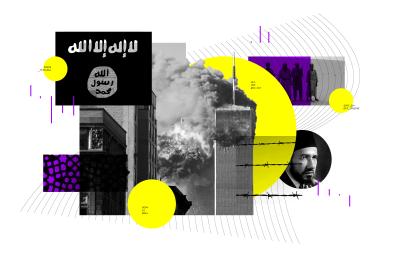
Explaining Transnational Jihad
"Transnational Jihad – Explaining Patterns of Escalation and Containment" is a five-year research project that investigates questions on how jihadist conflicts become transnational and under what circumstances they can be contained. Learn more about the project in this video.
Highlighted publications
Forskning og aktiviteter
-
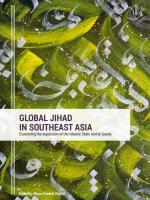 Photo/illustration by Pexels. Jens Mahnke. copyright licenseDIIS Book2019Mona Kanwal Sheikh
Photo/illustration by Pexels. Jens Mahnke. copyright licenseDIIS Book2019Mona Kanwal Sheikh -
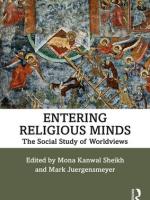 Bog2019The Social Study of WorldviewsMona Kanwal Sheikh & Mark Juergensmeyer
Bog2019The Social Study of WorldviewsMona Kanwal Sheikh & Mark Juergensmeyer
Kontakt





